Israel intensifies strikes on Gaza as top UN court ruling due
Israel has intensified its deadly strikes on the besieged Gaza Strip, as the UN's top court is due to rule on a plea to halt the genocidal war on the besieged strip.
Palestinian sources said Friday Israel intensified aerial and artillery strikes on Rafah and moved deeper into the southern city.
The Israeli military confirmed in a statement that the regime’s "troops are continuing operations” in the southern city of Rafah.
Fierce clashes with Palestinian resistance fighters were also reported in the southern part of the city.
Reuters said Israeli tanks “advanced in Rafah's southeast, edged towards the city's western district of Yibna and continued to operate in three eastern suburbs.”
"The occupation (Israeli forces) is trying to move further to the west, they are on the edge of Yibna, which is densely populated. They didn't invade it yet," one resident, who asked not to be named, told Reuters via a chat app.
"We hear explosions and we see black smoke coming up from the areas where the army has invaded. It was another very difficult night," he added.
Overnight air and naval strikes were also reported in Gaza City, which left several casualties.
Fighting also flared again in the northern areas of Gaza where Israel previously claimed to have “dismantled” the command structure of Hamas resistance movement.
"We hear nothing but the sound of explosions and gunfire," Mahmud al-Sharif, 31, in the Jabalia refugee camp told AFP.
A local source on Friday reported helicopters firing at the camp and renewed artillery shelling in the area.
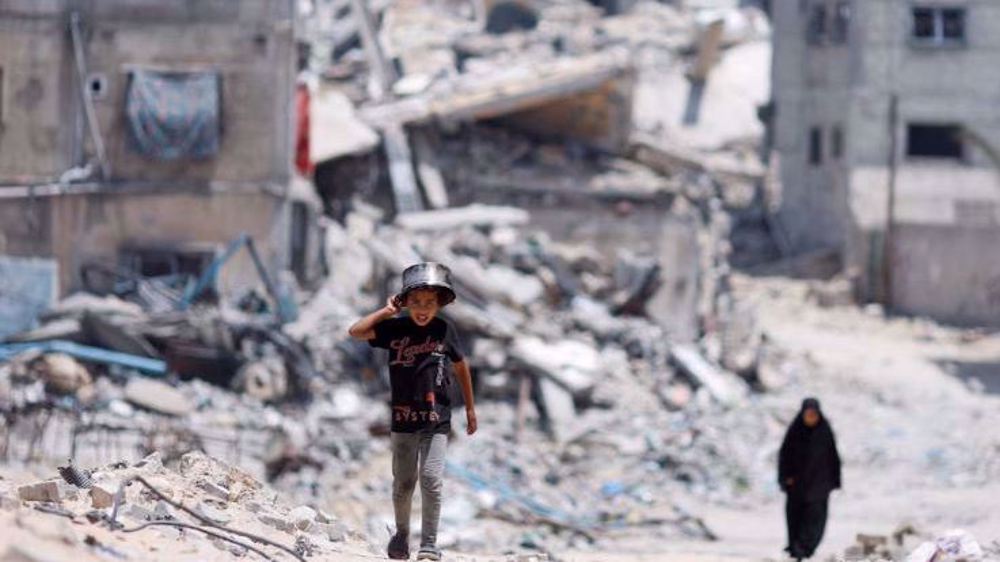
The ongoing strikes come while the International Court of Justice is set to rule Friday on the Israeli aggression after South Africa last week asked the ICJ, also known as the world court, to order a halt to the war in Gaza, and in Rafah in particular.
In January, the ICJ, whose orders are legally binding but lack direct enforcement mechanisms, issued an interim ruling on the emergency measures requested by South Africa in its genocide case against Israel, ordering the occupying regime to take all measures to prevent genocide in Gaza, but stopped short of ordering a ceasefire.
South Africa filed a genocide case against Israel in December 2023 over its war on the Gaza Strip. According to South Africa’s application, Israel's actions in Gaza were "genocidal in character because they are intended to bring about the destruction of a substantial part of the Palestinian national, racial and ethnical group."
Israel launched the war on Gaza on October 7 after the Palestinian resistance movement Hamas carried out the surprise Operation Al-Aqsa Storm against the occupying entity in response to the Israeli regime's decades-long campaign of bloodletting and devastation against Palestinians.
Tel Aviv has also blocked water, food, and electricity to Gaza, plunging the coastal strip into a humanitarian crisis.
In early May, Israel carried out ground incursions into the refugee-packed city of Rafah in defiance of global warnings, forcing more than 800,000 people “to flee”, according to UN figures.
Since the start of the offensive, the Tel Aviv regime has killed at least 35,800 Palestinians and injured 80,200 more.
VIDEO | 44th Fajr Theater Festival underway in Tehran
VIDEO | Press TV's news headlines
VIDEO | Oil workers' march in support of reform of Venezuela's main oil law
VIDEO | Malaysians hold rally in front of Iranian embassy to condemn US, Israel threats
Israel to partially reopen Rafah border crossing after long closure
FM says Iran open to talks ensuring its legitimate rights and based on mutual respect
Rights groups in Australia call on authorities to arrest Israeli president
FIFA must strip US of 2026 World Cup hosting rights over Trump’s hawkish policies: Analyst


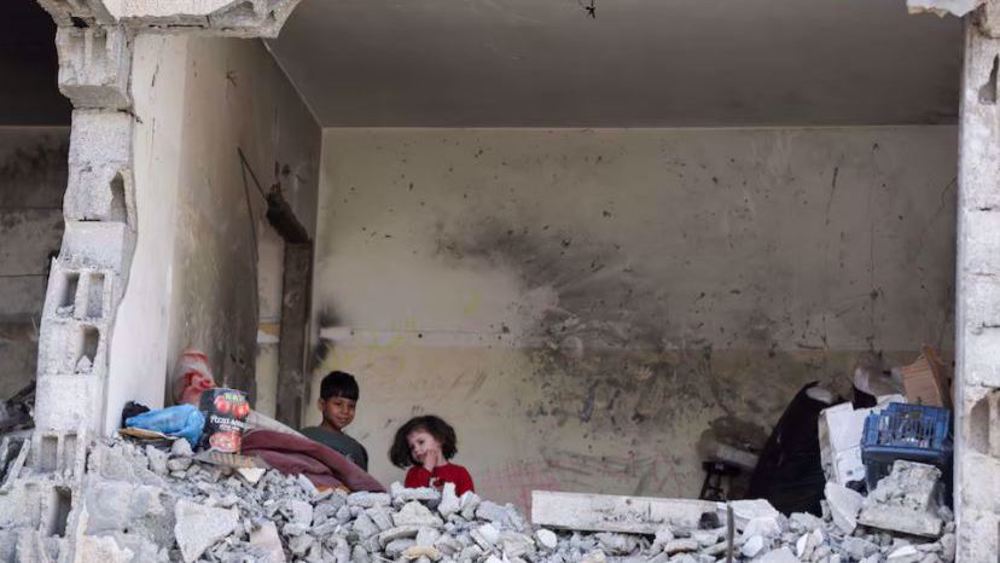
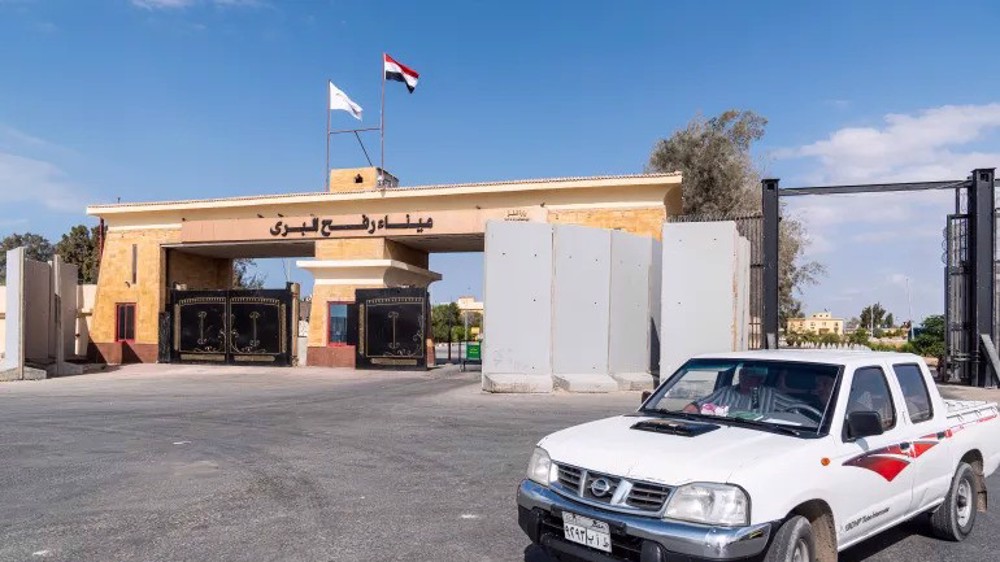
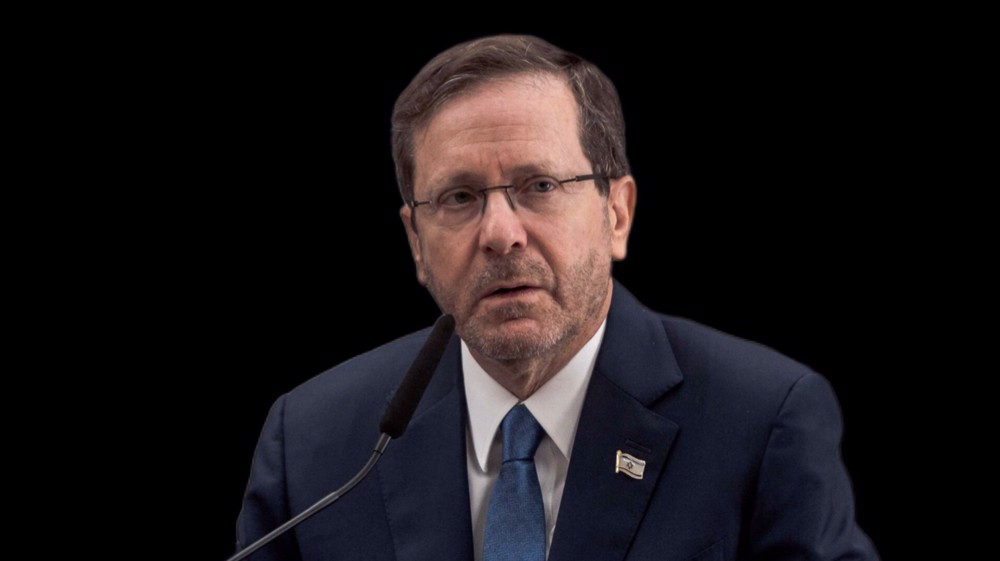




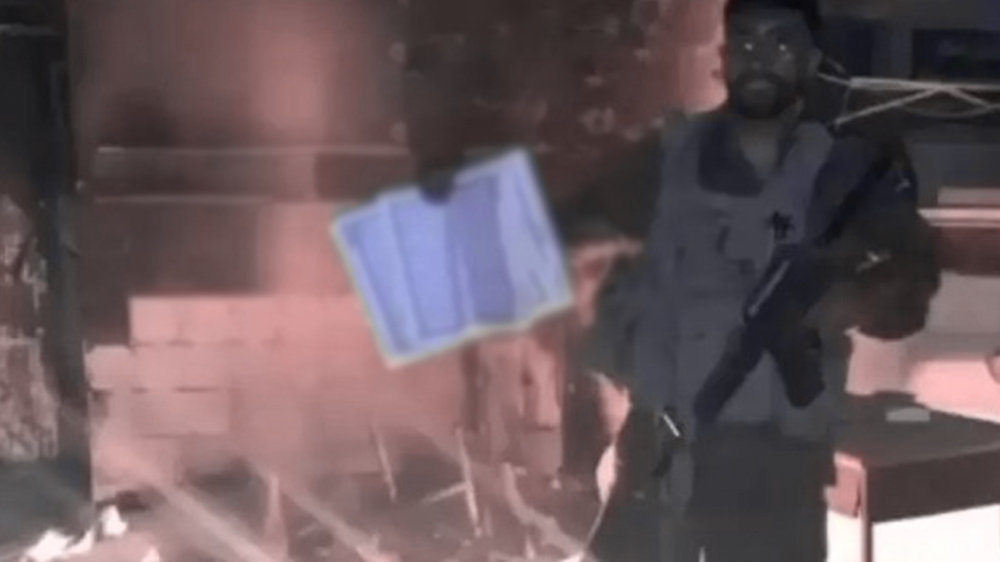
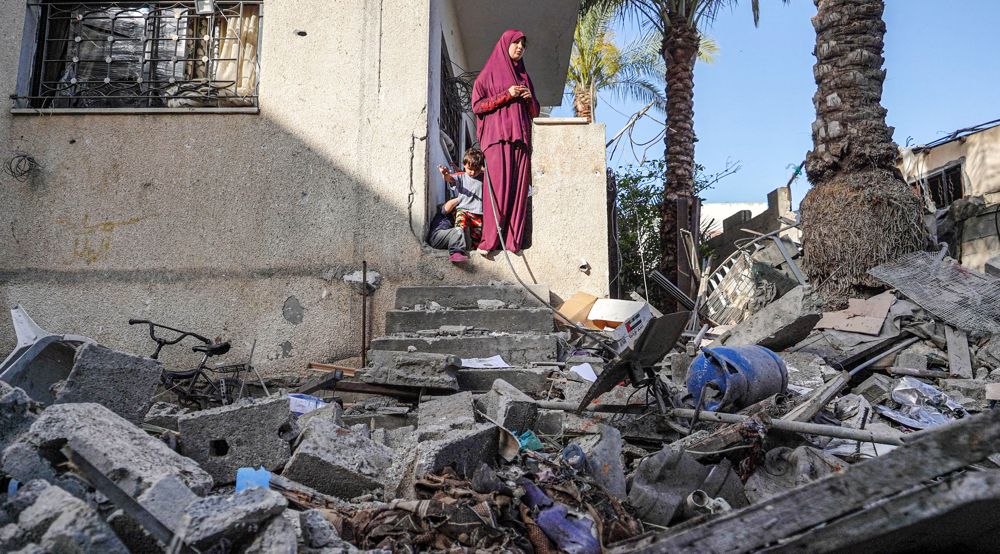

 This makes it easy to access the Press TV website
This makes it easy to access the Press TV website